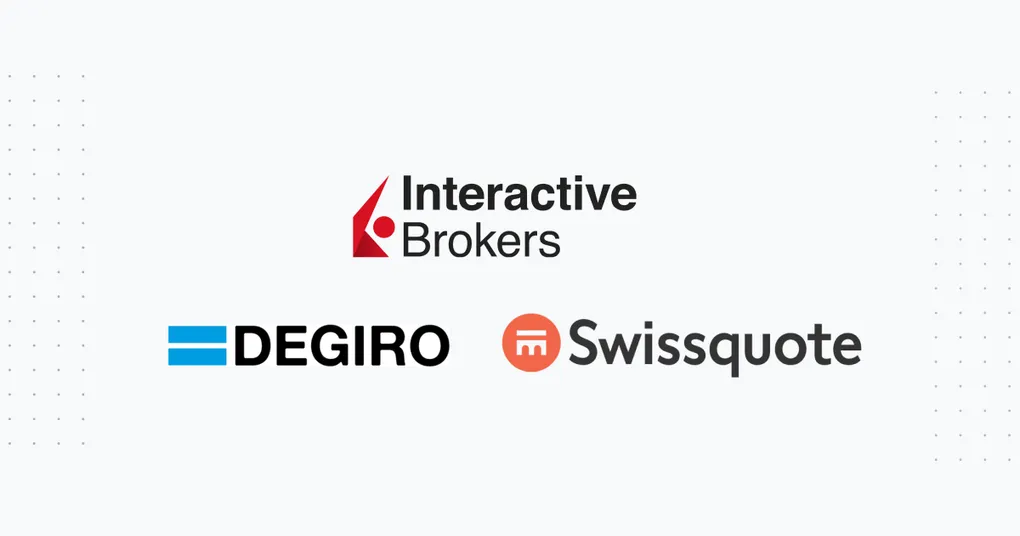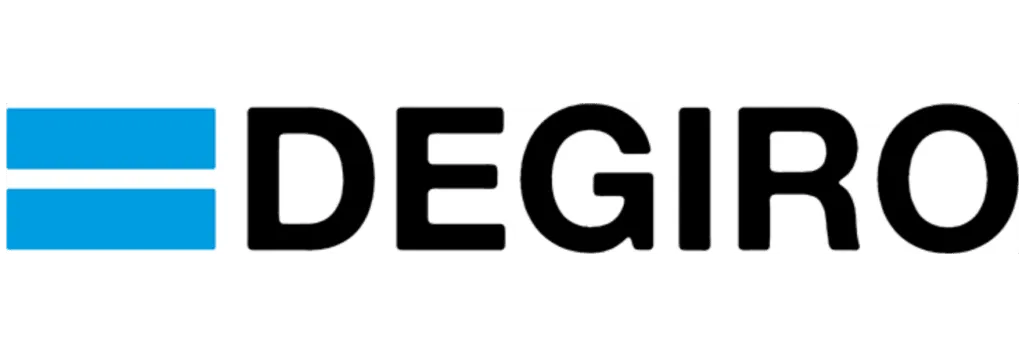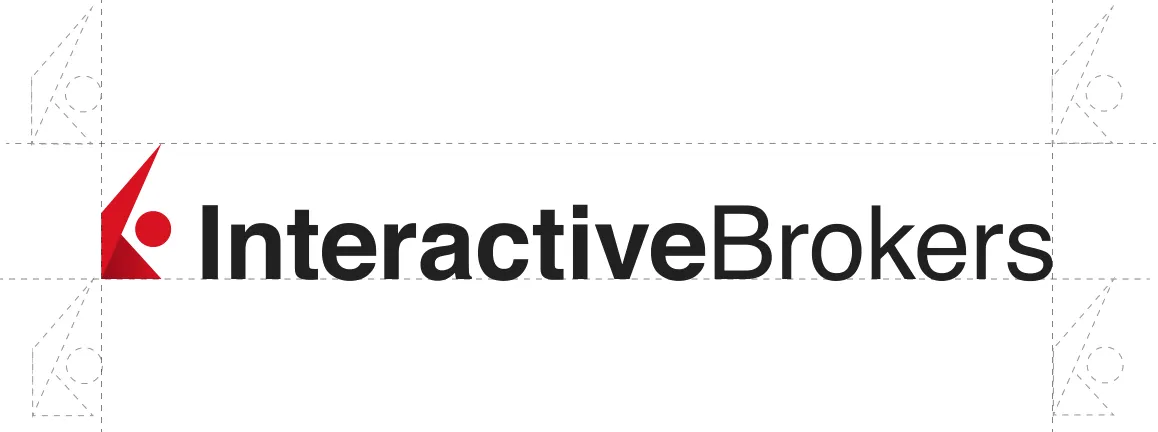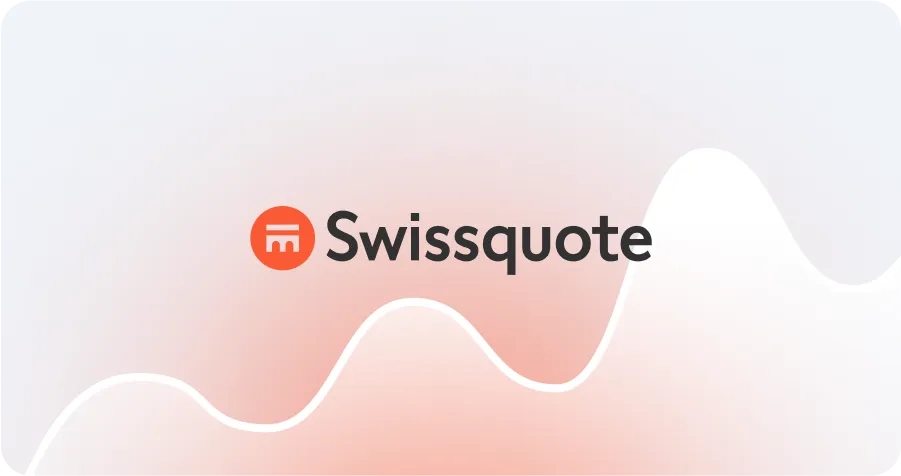
Investment Broker Comparison
What is an investment broker?
An investment broker is a financial service provider that enables trading in securities. They offer their customers the opportunity to buy and sell securities. The broker executes the transactions on behalf of the customer and charges a fee for this. The fees can vary greatly depending on the broker. Therefore, it is important to compare the conditions of different providers to find the best broker for your needs.
Why do you need an investment broker?
An investment broker is interesting for all investors who want to invest in securities. With a broker, you can buy and sell stocks, bonds, ETFs, funds, and other securities. The broker offers you a platform where you can view the prices of securities and conduct transactions. A broker is therefore the interface between you and the financial market. Without a broker, you could not invest in securities.
Nowadays, online brokers offer various trading functionalities: options, futures, CFDs, forex, cryptocurrencies, and much more. Some brokers also offer the opportunity to invest in commodities, real estate, or other asset classes. However, in this article, we will focus on the basics: stocks and ETFs. All the brokers presented here have various other functionalities besides these basic functions, which can be individually viewed by each user. Additionally, we evaluate the brokers only based on their suitability for passive investing. Those who want to trade actively, such as day trading, will have different requirements for a broker.
Investment broker or bank?
In addition to investment brokers, all regular banks also offer the possibility to invest in securities, both individual stocks and ETFs. But be careful: banks like to market their active funds instead of ETFs because they earn more from them. However, ETFs are a better choice for most investors because they are cheaper and have better performance. And even with regular securities and ETFs, fees at banks are usually higher than at specialized investment brokers. Therefore, in this article, we only look at online brokers.
Are online brokers safe?
The short answer is: yes. All the brokers presented here are regulated and subject to the strict regulations of the financial market authorities. The exact rules differ between the countries where the brokers are based. Basically, a distinction is made between funds and securities. Funds are usually protected by deposit insurance. However, you should avoid leaving unnecessary amounts of money in your brokerage account. Excess money is better off in a savings account. Securities such as ETFs are not included in the bankruptcy estate in the event of the broker’s bankruptcy. They are safe. Nevertheless, make sure you do not take unnecessary risks and only invest with reputable, established brokers. Smartphone apps that advertise free stocks and commission-free trading are not worth the risk for serious investors.
Degiro - the beginner broker

Degiro started in 2013 in the Netherlands and has since become the largest broker in Europe. It is important to note that Degiro is regulated by the EU and not by the Swiss Financial Market Supervisory Authority. However, you can still hold your account in Swiss francs without any problems.
Degiro fees
The detailed price list for Degiro can be found here. We summarize the essentials here.
Stocks
The following fees apply per transaction depending on the exchange location:
- Switzerland: 6 francs
- USA: 2 euros
The other exchange locations charge fees of 4.9 or 6 euros.
ETFs
Degiro offers a number of ETFs that can be traded without a commission. The list can be viewed here. But beware: there is no commission, but a processing fee of 1 euro still applies.
For all other ETFs, the following fees apply:
- 3 euros: 2 commission + 1 processing
Currency exchange
Currency exchange costs a flat 0.25% of the transaction volume. This fee is incurred whenever you conduct transactions in a currency other than your account currency. This is particularly important for Swiss investors, as most ETFs are traded in US dollars or euros.
Annual fee
Degiro charges an annual fee per exchange where you invest. This is 2.5 euros per year per exchange. The fee will be a maximum of 0.25% of your portfolio. No fee is charged for the Swiss exchange.
Conclusion on Degiro
Advantages
- Easy to use
- Automatic currency exchange makes buying in foreign currencies easier
Disadvantages
- No investments in US ETFs possible
- Degiro lends your stocks to third parties
Overall, Degiro is a good broker for beginners who want to invest in European ETFs. The fees are relatively low and the platform is easy to use. For investors who want to buy US ETFs (such as Vanguard), Degiro is not suitable because they are not offered.
Interactive Brokers - the professional broker

Interactive Brokers was originally founded in 1978 in the USA and is now the largest online broker in the world. The broker is suitable for professional investors and offers a variety of trading options. Interactive Brokers is also regulated in Switzerland and offers an account in Swiss francs.
Interactive Brokers fees
The price structure of Interactive Brokers is very complex. Basically, it is the cheapest broker in this comparison. IBKR has two pricing options: Tiered and Fixed. You can switch between the two models at any time in the user settings.
Let’s look at the fees for stocks and ETFs in the most important markets for each pricing model: USA, UK, Germany, and Switzerland.
Tiered Pricing
Tiered Pricing is a graduated pricing model where fees depend on the trading volume.
- USA: 0.0035 dollars per share, minimum 0.35 dollars
- UK: 0.05% of the transaction value, minimum 1 GBP, no maximum
- Germany: 0.05% of the transaction value, minimum 1.25 euros, maximum 29 euros
- Switzerland: 0.05% of the transaction value, minimum 1.5 CHF, maximum 49 CHF
These prices apply to the lowest trading volume. For the vast majority of investors, this price will apply. For very high trading volumes, there are even lower prices.
Fixed Pricing
Fixed Pricing is a simple pricing model where fees are independent of the trading volume.
- USA: 0.005 dollars per share, minimum 1 dollar, maximum 1% of the transaction value
- UK: 0.05% of the transaction value, minimum 3 GBP, no maximum
- Germany: 0.05% of the transaction value, minimum 3 euros, no maximum
- Switzerland: 0.05% of the transaction value, minimum 5 CHF, no maximum
Currency exchange
Currency exchange costs 0.002% of the transaction volume, with a minimum of 2 USD. This is very cheap. This is particularly important for Swiss investors, as most ETFs are traded in US dollars or euros.
Conclusion
Both Fixed and Tiered Pricing are very cheap. Which model is better for whom depends on many factors. For most, Tiered Pricing will be the better choice.
Conclusion on Interactive Brokers
Advantages
- Cheapest fees
- Cheap currency exchange
- US ETFs available
- World’s largest online broker
Disadvantages
- More complex to use
- Foreign, American broker
- Confusing pricing structure
Swissquote - the Swiss broker

Swissquote is, as the name suggests, a Swiss broker. The company was founded in 2000 and is listed on the Swiss stock exchange. Swissquote is a traditional broker that also offers banking services. The broker is regulated in Switzerland and offers an account in Swiss francs. If you prefer to hold your account with a Swiss company, Swissquote is the right choice.
Swissquote fees
The fees of Swissquote are relatively high compared to the other brokers. However, they are very easy to understand.
Stocks
The fees for stocks depend on the exchange location and the transaction size. Here is the overview for Swiss and US stocks:
Switzerland:
- 0 to 500: 5 CHF
- 500 to 1000: 10 CHF
- 1000 to 2000: 20 CHF
- 2000 to 10k: 30 CHF
- 10k to 15k: 55 CHF
- 15k to 25k: 80 CHF
- 25k to 50k: 135 CHF
- Over 50k: 190 CHF
USA:
- 0 to 500: 5 USD
- 500 to 1000: 10 USD
- 1000 to 2000: 20 USD
- 2000 to 10k: 30 USD
- 10k to 15k: 55 USD
- 15k to 25k: 80 USD
- 25k to 50k: 135 USD
- Over 50k: 190 USD
The prices for the other exchange locations can be found here.
ETFs
For ETFs, a flat fee of CHF 9 applies.
Account fees
Swissquote charges a quarterly account fee. Here is the overview:
| Account fees per quarter in CHF | Assets in CHF* (except cash) |
|---|---|
| 20 | 0 - 50,000 |
| 25 | 50,000.01 - 100,000 |
| 37.5 | 100,000.01 - 150,000 |
| Max. 50 | >150,000 |
Currency exchange
The currency conversion fee for major currencies is 0.95%. Euro, US dollar, British pound, and Swiss franc are all included in the major currencies.
Conclusion on Swissquote
Advantages
- Swiss broker
- Easy to use
Disadvantages
- High fees
- No investments in US ETFs possible
Conclusion: The best investment broker
For most Swiss investors, Interactive Brokers is the best broker. The fees are unbeatable, and the platform offers the widest range of ETFs. As the only option in the comparison, you can buy the popular US-based Vanguard ETFs there. However, if you prefer to invest through a Swiss company, Swissquote is a good choice. The fees are higher, but the platform is easy to use, and the fee structure is transparent. Degiro is a good broker for beginners who want to invest in European ETFs. The fees are relatively low, and the platform is easy to use.